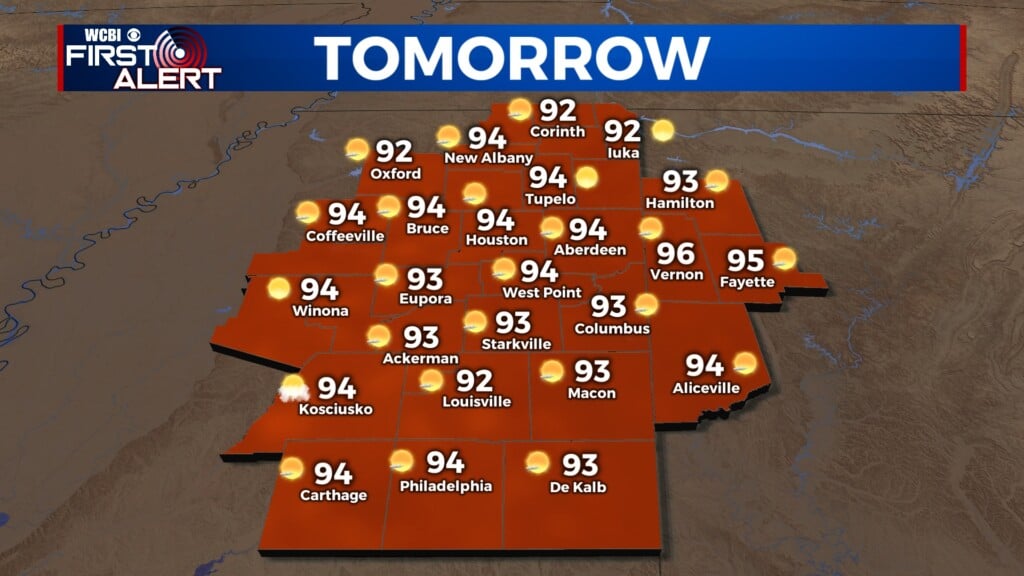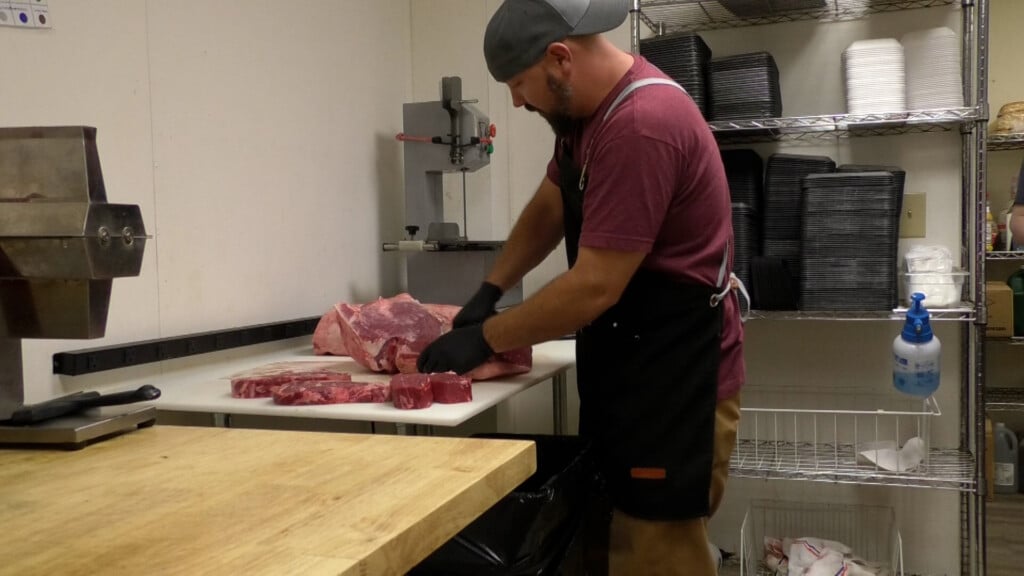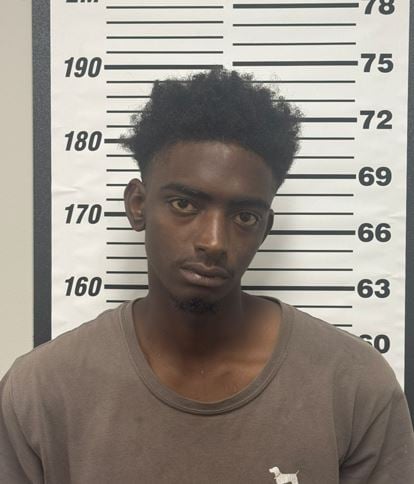Golden Triangle therapist creates support group for mental health workers dealing with increased stress from COVID-19
WEST POINT, Miss. (WCBI) – As the conversation around mental health continues to grow, more people are seeking treatment, especially after the increase in mental crises caused by COVID-19.
“(We’re) trying to be of service and they’re affected with COVID-19,” said a staff member with Community Counseling Services in West Point. “And I’m going home to my family and my husband has underlining problems with health issues.”
COVID-19 has seemingly taken its toll on every aspect of modern life since 2020. It has been no different for those tasked with providing treatment for mental health.
“You’re scared to death because of what’s going on,” another CCS employee says. “But you hear somebody say, ‘I went through it and it’s gonna be okay. Let me tell you. Let me just tell you about it.'”
According to the Well Being Trust foundation, COVID-19 has caused a three-fold increase in rates of depression and anxiety.
Which means triple the workload for counselors and other mental health professionals.
“If I don’t take care of myself, it’s impossible for me to help take care of (someone else),” says the CCS staff member.
That’s why Community Counseling Services therapist Trisha Thornton decided to start a support group for her coworkers in the mental health field all across the Golden Triangle.
“It gives us an opportunity actually to go in and take the therapist hat off and just be another human being struggling with stress in their life,” she says.
Thornton started the group in March after a needs assessment showed that a significant number of the CCS staff were experiencing high levels of stress surrounding the pandemic. The group meets every other week for one hour over Zoom, with the number of participants ranging anywhere from two to 10 people.
“We just go around the group and share what’s been happening in our life for the past two weeks,” Thornton says. “Maybe talk about some of the positive things as well as some of the negative things that happened.”
The two members of the group who spoke to WCBI (quoted earlier in the article) were more than willing to share their experience on the condition that they remain anonymous.
“It’s very comforting to share with someone that has had the (same) past experience,” one of the group members says.
“I myself was going through some issues and was able to express what was happening with me and somebody immediately stepped up,” said the other group member. “(They said) ‘I went through that, and this is what happened when I went through it and it’s gonna be okay.'”
While Thorton started the group, she says she participates just as much as the others.
“That gives me the opportunity to share my own personal stresses and get feedback from the group,” she explains.
Thornton says having that safe space is especially vital considering the lingering stigma for people who receive mental health services and the even larger stigma for mental health providers who receive mental health services.
“We want to make sure we are taking our own advice,” she says.
For those seeking immediate help for mental health or other crisis, the following phone lines are available 24/7:
Mobile Crisis Hotline: 888-943-3022
National Suicide Prevention Hotline: 800-273-8255
Trevor Project: 1-866-488-7386
Click here to find the closest Community Counseling Services location near you.





Leave a Reply